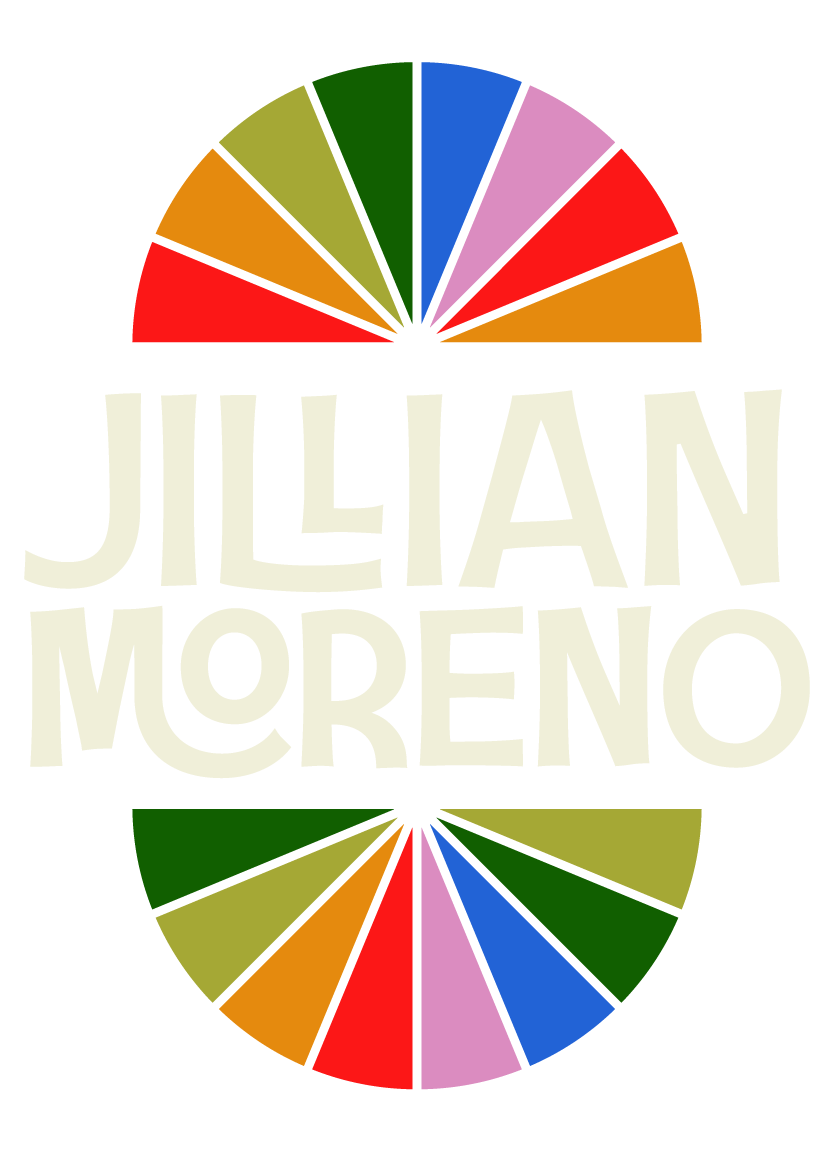Has everyone caught up with their spinning?
Fractal Spin, L, and Draft Together, R.
If you haven't, it's 100% ok, this is a go-at-you-own-speed Sample Along. You can spin whenever you have time, or not at all. Even if you just follow along looking at folks process pictures and yarns, you will learn about spinning braids.
These posts will stay on my blog if you ever want to go back and do the Sample Along at your own pace.
This week I'm talking about our last two yarns, Fractal and Draft Together (or Combo Drafting).
I first heard about Fractal spinning in an article in Spin Off in 2007, The Fractal Stripe, by Janel Laidman. Spinners had been using the technique, but she gave it a cool name and really broke it down.
Fractal spinning brings two ideas together.
One from nature (and math), a fractal is a pattern that stays the same as it gets smaller. My favorite example is a tree branch. A branch starts thick and gets smaller and smaller, with the pattern of the branch looking the same, as it brances out.
The other idea is from spinning. When you have a painted braid, every time it's divided vertically (longways) the color gets shorter (smaller). So a braid dyed in a pattern, divided vertically, becomes a fractal.
It becomes lovely yarn and knitted fabric, when we juxapose, through plying, a long color repeat, with a short one. It creates stripes within stripes, breaking up the hard striping of many painted braids.
Here's an easy way to do it in a 2-ply yarn. There are many, many ways to play with fractals in spinning, varied fiber divisions, different dye patterns, different numbers of plys. This is a starter fractal, just to get an idea of how it works.
Take one of your fiber nests and split it in half longways (vertically). Set one half aside, this is going to be one ply, spun from one end to the other.
The second helf of your nest gets divided further, longways, into four strips. The length of each color in these strips is much shorter in the than the half that was kept intact. These strips get spun, end to end, one after another on the same bobbin starting with the same color.
Anytime I want it indicate to myself "start here" when I want ot start with a particular end of a braid, I knot it. I use a loose overhand knot, it has saved me so much time and raking through my mind to trying to figure out what it is I wanted to do.
My absolutle favorite color manipulation for a braid is Drafting Together, also called Combo Drafting. I first heard about this from Felicia Lo and have been doing it for years, I just can't stop.
It makes a braid that would be striped in knitted fabric, if you spun it to match or As It Comes into a tweedy looking fabric. If you spin your yarn very fine it takes the tweedy bits to heather, much more blended.
Here’s how I do it. I divide the fiber vertically into strips about one finger wide. I hold 2 strips together with each starting at a different spot in the colorway. Set up the colors like we did for flipped, but narrower strips to help the drafting process.
When I spin, I overlap strips of fiber slightly and draft together as one fiber. It may take a little practice, but the results are worth it. It's ok if one of the strips falls away. Just pick it up and start where you are. The whole point of this is to mix up the colors.
What happens is a marl is created in the singles.
You can see the difference looking at a regularly spun bobbin on the left and a Drafted Together bobbin on the right, and in the close up of the Drafted Together bobbin, far right.
When you ply two Drafted Together bobbins together you are creating a double marl with lots of speckles.
This technique is infinate, it's the one thing most everyone in my color classes loves. You can draft together, solids, braids and solids, neutrals, two or more different braids, and add as many plies as you like.
Let's spin!
Fractal Spin, L, and Draft Together, R.
Remember you can ask any questions here or email me.
Next week, we'll talk swatches, and look at the differences between the yarns in knitting.









